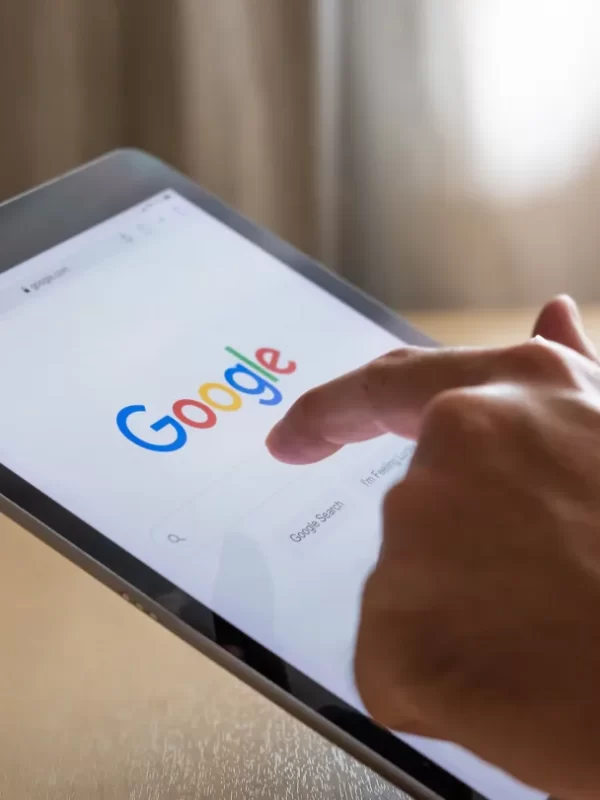There have been allegations that Google messages and phone apps are violating the privacy of users. The new research found that Google’s messaging and phone apps transmit partial SHA256 hash of every message sent or received, which can be used to analyze the content of short texts. These apps also send call logs to Google, without asking users to opt-out or consent to the data collection. As a result, they may be breaking EU GDPR laws.
Despite promises to improve privacy settings, the tech giant is not doing enough to protect users’ privacy. Using the Messages and Dialer apps could expose users to privacy violations. Leith’s study claims that Google is storing SHA26 hashes of messages, as well as phone logs and contact details. In addition, the company is storing call logs and message content in a way that allows them to reverse-identify a user’s messages.
The new Android Messages app is a prime example of this. Hundreds of millions of people use this app, and many of them are unaware of the privacy concerns. Samsung Messages users are affected as well, but the issue is not as widespread as Android users. As Leith points out, these problems could have been avoided if Google had implemented more stringent privacy policies. There are currently no plans to change the status of Android ‘Messages’.
As of now, there are no known ways to prevent Google from intercepting users’ messages. The company is already aware of the privacy concerns and has begun making changes. However, it is unclear whether these changes will actually make Google messages and phone apps more private. If the changes are implemented, it may be able to regain users’ trust. It is possible that the data will be passed to third parties, but the lawsuit has yet to be decided.
Although Google has already made some changes to its mobile services, many Android users still have privacy concerns. They have been unaware that their phone’s Google Messages and Dialer apps are collecting user data without their consent. This data may even include information about their location. In some cases, Google is collecting the SHA256 hash of messages. In others, it can include the call details of the person.
The new law allows users to choose which apps collect and share data. But there are also certain types of data that are not collected by phone apps. These include the SHA256 hash of messages and incoming calls. Furthermore, the use of the Firebase analytics service by Google has also been criticized for breaching privacy. Its Android applications are also linked to the Google Play services and may contain information about the user.
A lawsuit filed in California claims that Google’s Messages and Phone Apps are violating user privacy by collecting SHA256 hashes of messages and phone calls without obtaining consent from users. The lawsuit also alleges that Google is illegally gathering such data without the consent of their users. The law further states that the company is violating user privacy when it offers a free SMS service to its consumers.
The recent lawsuits filed against Google over its phone apps and messages were settled after the company was forced to limit the tracking of iPhone users. It is estimated that about three-quarters of iPhone users do not consent to be tracked by the company. As a result, Apple’s new rules were made to protect users. As a result, it is now more difficult to track user activities on the phone. But the laws that have been passed on by the government have not been enough to stop Google from violating user privacy.
The companies are claiming that their phones and messenger services are violating user privacy. But while it is clear that the two companies are relying on third-party apps and messages, the ‘responsible’ data sharing policies are even more alarming. Similarly, Google uses the information that they collect to track their users in other ways. This is a violation of user privacy that affects the data of all Android devices.




